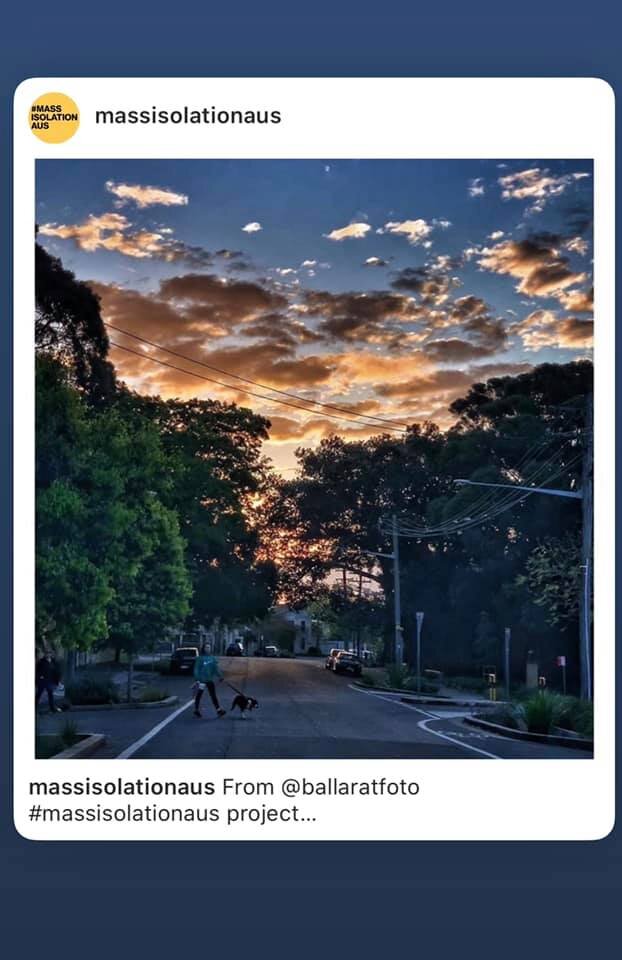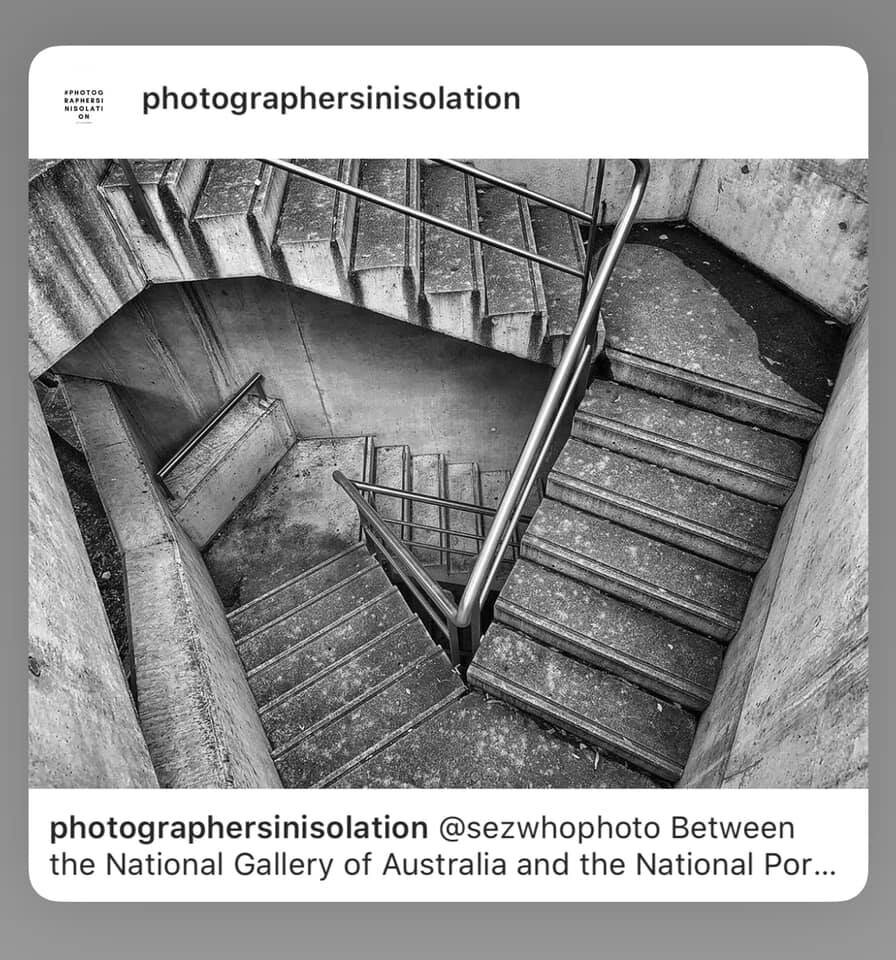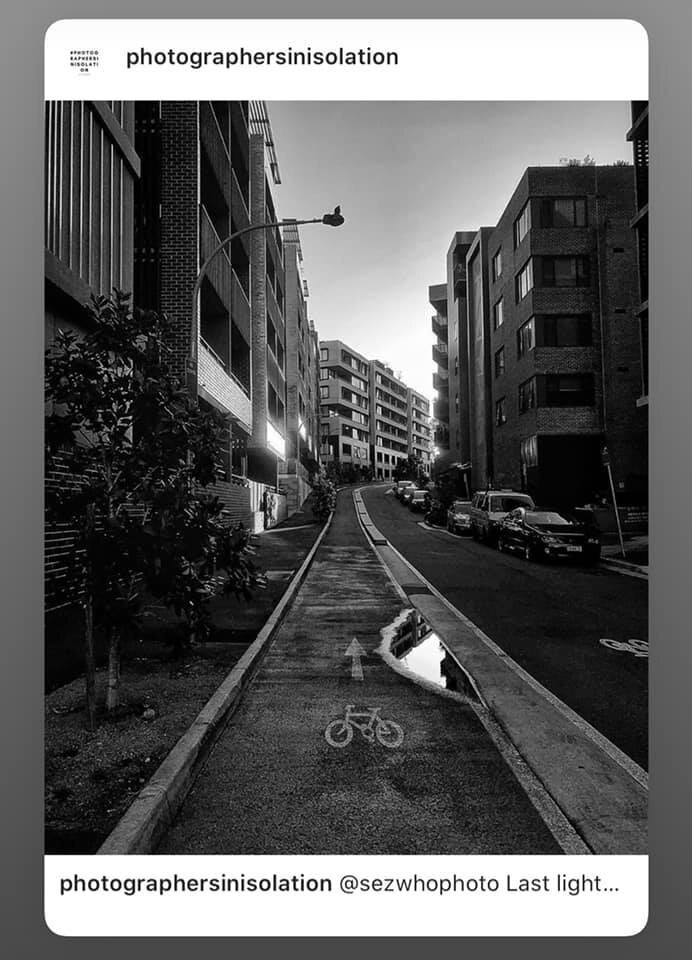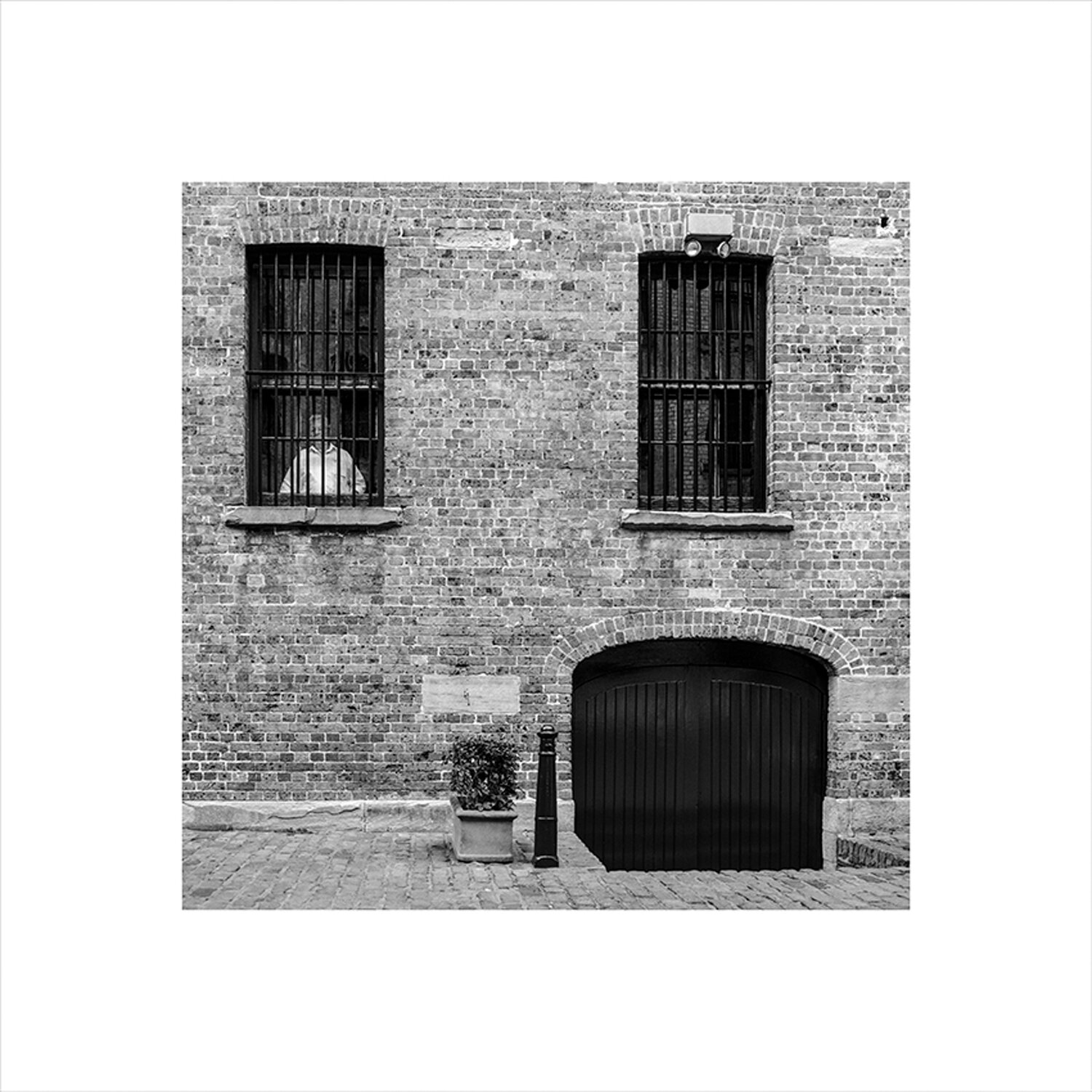How it started. How it’s going.
Photographers in Isolation
#Connection
#ProudBoys
Jan and Cam, 1999
#unexp_collective_love
#massisolationaus
Mass Isolation
FIX Photo
Photographers in Isolation
Photographers in Isolation
Last light #photographersinisolation
Mass Isolation
Work in progress #massisolationaus
Negative Space
Buddhist nun with Cai Guo-Qiang’s Murmuration (Landscape) @ NGV, 2019
Photographers in Isolation
Rest in peace, Uncle Vincent Wenberg.
Condolences to Uncle Vince’s family and the KBH family.
I made this portrait of Uncle Vince in September 2002 at the site of the former Kinchela Boys Home near Kempsey, NSW, on the first Journey Home.
Mass Isolation
“Photography is the art of fixing a shadow”
William Henry Fox Talbot (1800-1877), the inventor of photography on paper.
#TheAscentOfUs #massisolationaus
The first photograph I ever printed
This is the first photograph I ever printed myself, in a makeshift darkroom at school when I was 16 (my photography teacher was a maths teacher with a hobby and it was the 1970s).
I made the photograph of Meg in our backyard when I was about 14 or 15.
Aunty Jean and the Sacred Grass Tree, Wreck Bay, 1999
Community Elder Aunty Jean Carter was taken away from her parents in La Perouse when she arrived home from school one day in 1948. Four members of her family were forcibly removed from their parents Robert and Lucy McKenzie on the same day.
Aunty Jean was taken to Cootamundra Girls’ Home and was trained to become a domestic worker. Girls were sent to Cootamundra Girls' Home until the age of 14 then assigned to work at rural properties where they “were lucky not to be sexually, physically and mentally abused”. Many girls became pregnant in domestic service, only to have their children in turn removed and institutionalised. Generations of Aboriginal women passed through Cootamundra Girls' Home until it closed in 1969. While at the home, Aunty Jean’s mother died and she was told that there was no need for her to attend the funeral because ‘she didn’t know her mother very well.’
After leaving the girls’ home Aunty Jean settled in Wreck Bay. During her life she has been Secretary of the Aborigines Progress Association, active in the Country Women’s Association, the Family Planning Association, and was the Director of the Jilimi Centre for Aboriginal women for which she received an award for service to the community. Aunty Jean also worked for Shoalhaven Women’s Resource Centre and World Vision’s Indigenous Program.
from the Photographic Memory exhibition, McGlade Gallery, 2019
Pandemic Perambulations
Sky over the University of Sydney
Vale Jack Mundey (1929-2020)
Jack Mundey AO became a national figure in the early 1970s when he led the Builders' Labourers Federation's famous "Green Bans". This extraordinary conservation campaign redefined the development of Australia's major cities. The BLF refused to work on developments thought to be destructive of the environment or requiring the demolition of buildings considered part of our social heritage. Under Jack's guidance, they joined with local communities to preserve such significant sites as Sydney's historic Rocks area, Centennial Park, Victoria Street in Kings Cross and the last stretch of public bushland on the Parramatta River.
A crusading unionist and Communist Party member, Jack also fought for safety reforms on building sites and helped usher in a new era of union activism for wider social issues, from feminism and gay liberation to land rights and international politics. In 1976, he was a speaker at the first United Nations Conference on the Built Environment.
Jack was elected to the City of Sydney council in 1984, ending his term in 1987. In 1988 the University of Western Sydney bestowed an honorary Doctor of Letters and also an honorary Doctor of Science in recognition of his years of service to the environment.
In the 1990s Jack was made a Life Member of the Australian Conservation Foundation and in 1995 he was appointed Chair of the Historic Houses Trust of NSW. He was a lecturer at London's Centre of Environmental Studies and he supported community groups, indigenous Australians, educational institutions, and anti-nuclear campaigns, and he spoke regularly at launches of environmental initiatives throughout Australia.
In 2000, Jack was made an Officer in the Order of Australia “for service to the identification and preservation of significant sections of Australia's natural and urban heritage through initiating ‘Green Bans’ and through the Historic Houses Trust of New South Wales”.
A specially created degree of Master of Environment (honoris causa) was conferred upon Jack by the University of Sydney in 2001.
In February 2007, the Geographical Names Board of New South Wales renamed a portion of Argyle Street in The Rocks "Jack Mundey Place" in recognition of his leadership "in the fight to preserve such significant sites in the historic Rocks area."
In 2014 Jack was named Patron of the Friends of Millers Point when he joined the fight to save the Sirius apartments which were built for the people of The Rocks when the Green Bans saved them from eviction and The Rocks from demolition forty years ago.
Jack Mundey had a lifelong commitment to social justice. May he rest in peace. Solidarity forever.
I Know That Place. Portrait of Jack Mundey in the Rocks



















